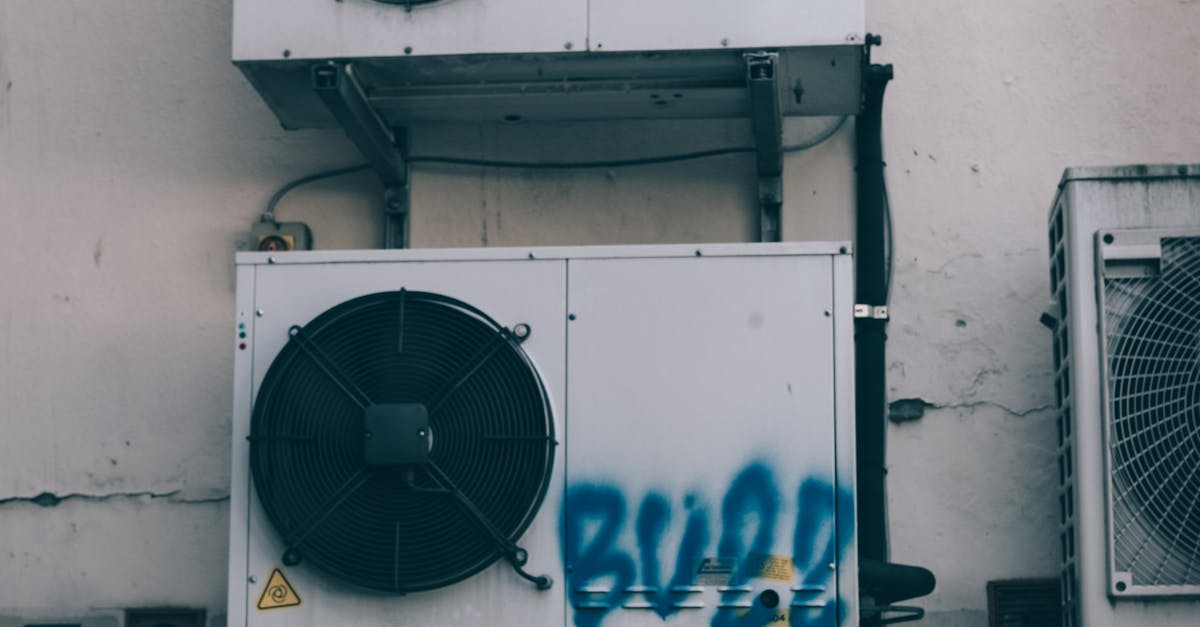
Factoring in Voltage Requirements
When considering the power supply requirements for ducted air conditioning systems, one crucial aspect to take into account is the voltage requirements of the system. Different air conditioning units have varying voltage needs, so it is essential to ensure that the electrical supply in the building meets these requirements. Failure to provide the correct voltage can result in system malfunctions, reduced efficiency, and potentially even damage to the equipment.
By engaging licensed electricians for the installation of your ducted air conditioning system, you can have peace of mind knowing that the work is being done by professionals who adhere to safety standards and regulations. Licensed electricians are equipped with the necessary skills to handle electrical components safely, reducing the risk of accidents or damage during installation. Additionally, hiring licensed electricians can also help you avoid potential issues that may arise from incorrect installation, saving you time and money in the long run.
Monitoring Power Consumption
ers are an excellent tool for tracking energy usage and monitoring power consumption in real-time. These devices provide detailed information on how much electricity is being used by the ducted air conditioning system, allowing users to adjust their usage patterns accordingly. With the data from smart meters, homeowners can make informed decisions on how to optimise their energy usage and reduce their overall electricity costs.
In addition to providing valuable insights into your energy consumption, smart meters can also offer detailed information on peak usage times and potential cost-saving opportunities. Understanding when your ducted air conditioning system draws the most power can empower you to schedule cooling periods strategically and avoid peak electricity rates. By leveraging the data provided by smart meters, you can take proactive steps to reduce your energy expenses while still maintaining a comfortable indoor environment throughout the year.
FAQS
What voltage requirements should be considered for ducted air conditioning systems?
Ducted air conditioning systems typically require 220-240 volts for optimal performance. It is important to ensure that the power supply meets these voltage requirements.
How can I check the compatibility of my existing electrical system with a ducted air conditioning unit?
To check compatibility, consult with a licensed electrician who can assess your electrical system's capacity to handle the additional load of a ducted air conditioning system. Upgrading may be necessary to prevent overloading.
What safety measures should be implemented when installing a ducted air conditioning system?
Safety measures include ensuring proper grounding, using appropriate circuit protection devices, and following all manufacturer's installation guidelines. It is crucial to prioritize safety to prevent electrical hazards.
Why is it important to hire licensed electricians for the installation of ducted air conditioning systems?
Licensed electricians have the necessary expertise to safely connect the system to the power supply, reducing the risk of electrical faults or accidents. Their experience ensures that the installation is done correctly and meets regulatory standards.
How can I monitor the power consumption of my ducted air conditioning system?
Utilize smart meters to track energy usage, allowing you to monitor power consumption in real-time. This data can help you optimize energy usage, identify potential issues, and make informed decisions to improve efficiency.
Related Links
Meeting Voltage and Current Specifications for Ducted Air ConditioningDetermining the Electrical Load for Ducted Air Conditioning Systems
Compliance with Electrical Safety Standards for Ducted Air Conditioning Power Supply
Integrating Power Supply with Control Systems for Ducted Air Conditioning
Sourcing Reliable Power for Ducted Air Conditioning Units
Power Supply Sizing for Ducted Air Conditioning Systems
Ensuring Adequate Power Supply for Ducted Air Conditioning Installation